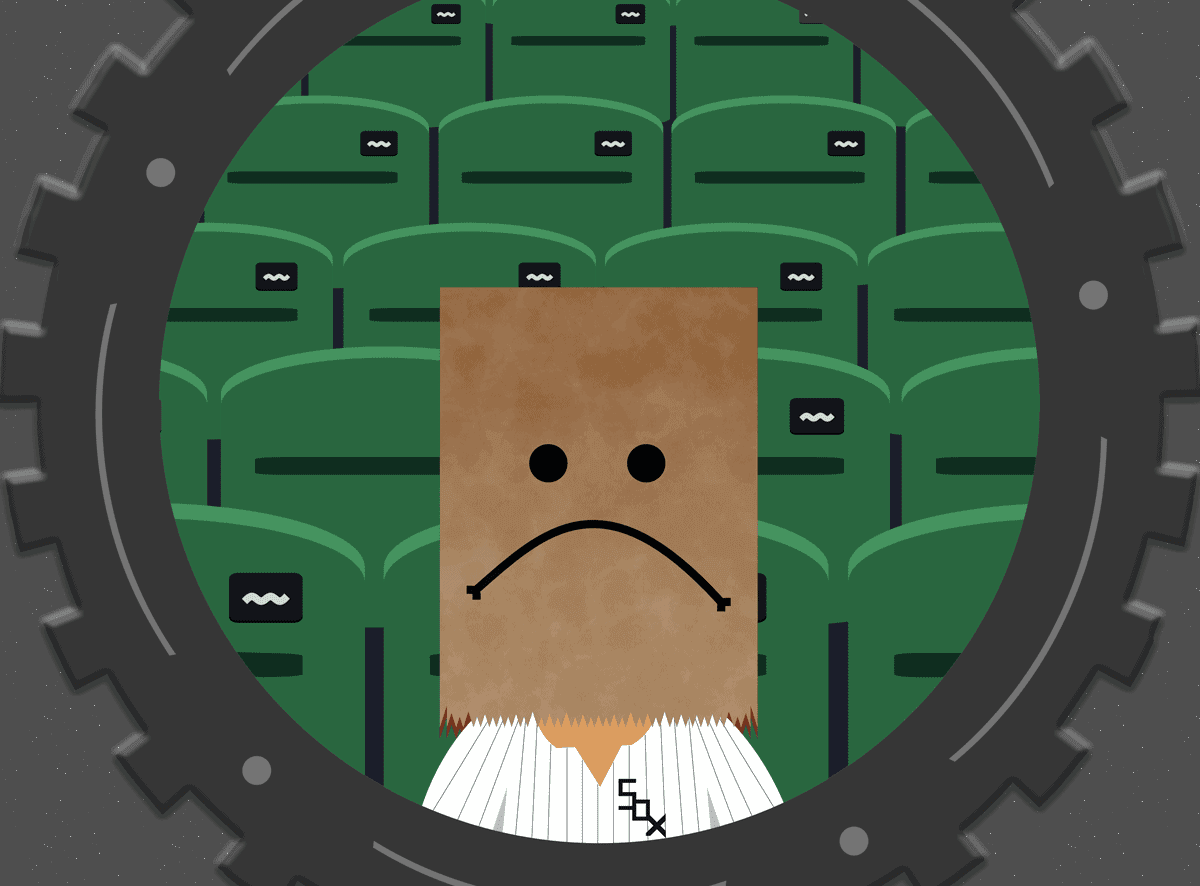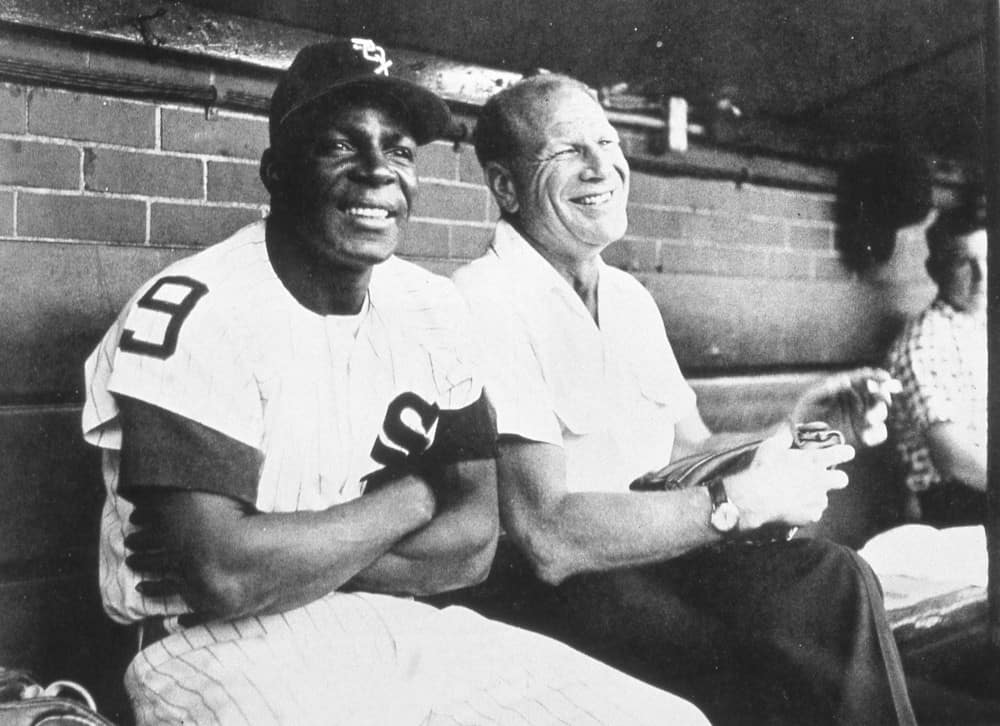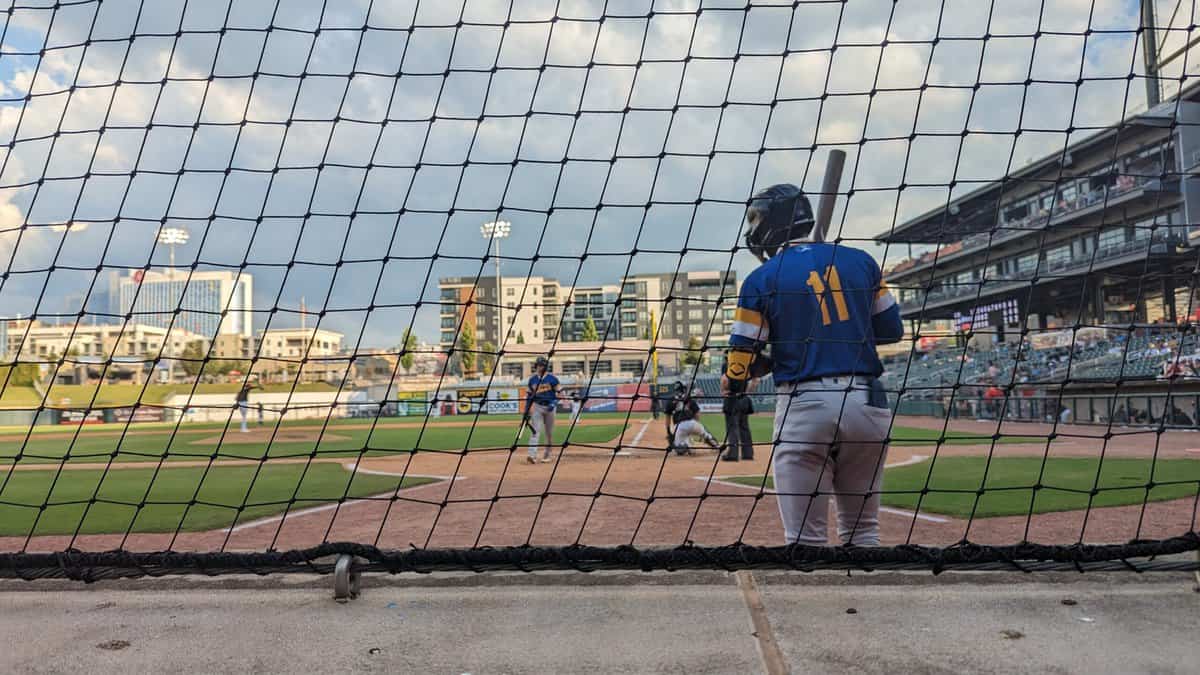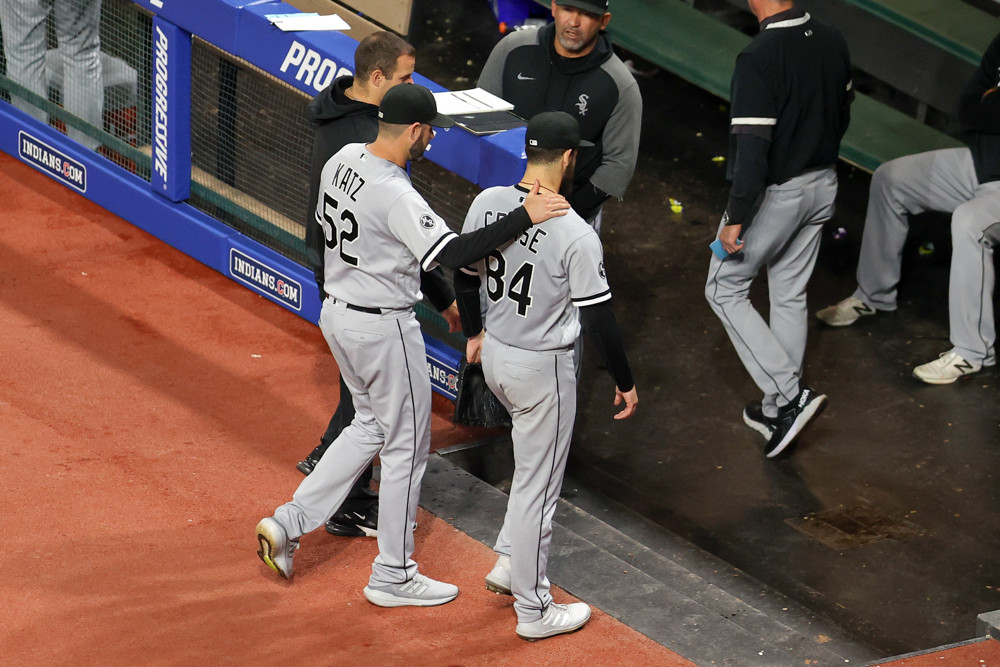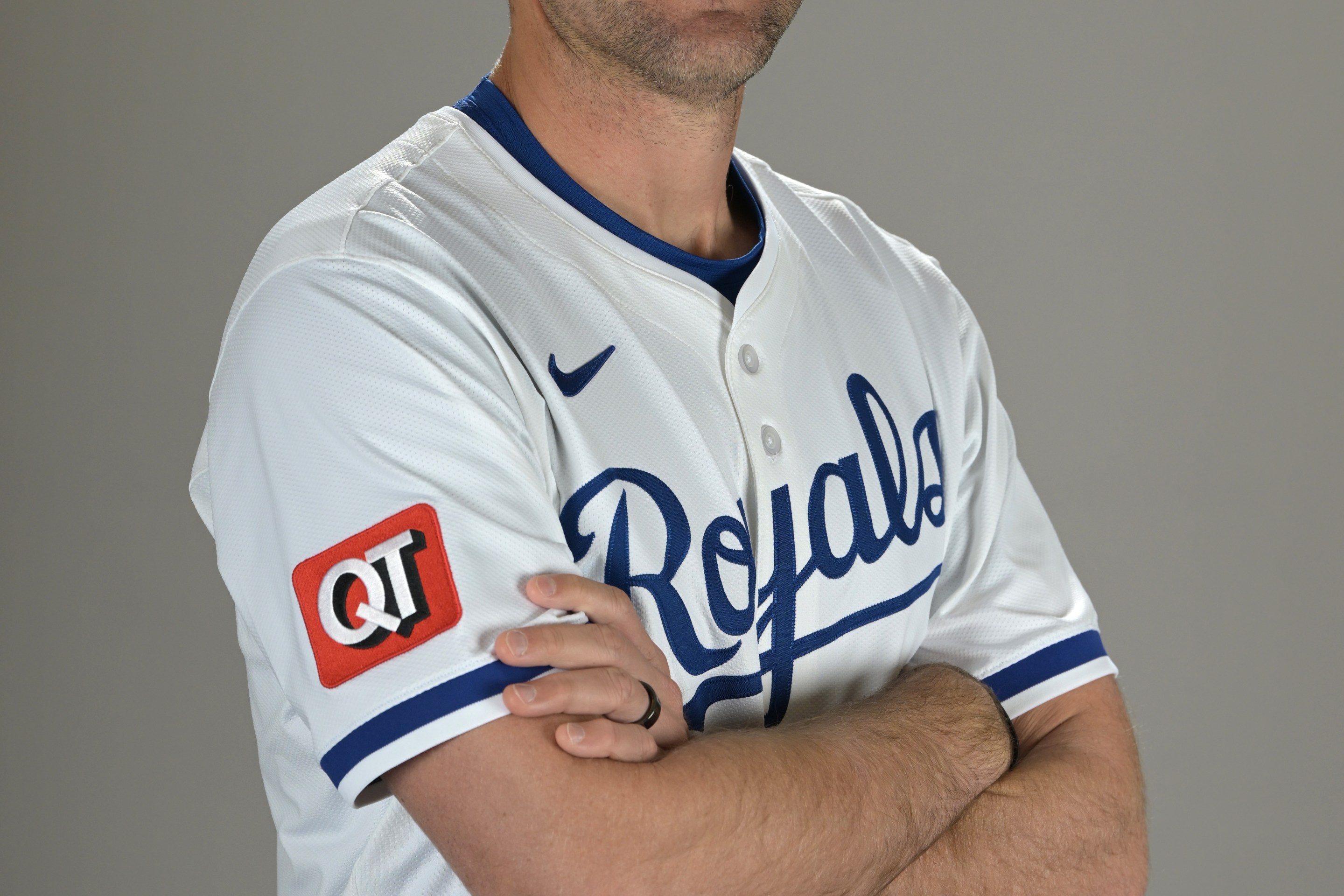Tonight's game featured the White Sox trifecta of awful run prevention:
- A Lance Lynn start against a lineup with had its lefties champing at the bit.
- Terrible defense, partially because of an infielder in the outfield.
- The slowest possible hook from Pedro Grifol.
The first one's pretty simple: Lynn gave up four homers, and three were actually hit by righties, including a pair by Byron Buxton. He gave up five runs and two homers over the course of his first 12 pitches, after which he settled in for his customary innings-eating work.
But there's a chance he gets out of the game with a no-decision if he weren't undermined by the gloves behind him. Those two first-inning homers should've contributed two fewer runs, but Elvis Andrus committed a pair of miscues. He dropped Andrew Benintendi's perfect throw that should've erased Edouard Julien at second base on an ill-advised stretch attempt, and that turned Alex Kiriloff's homer into a two-run shot. The same can be said for Buxton's first blast, which was preceded by Andrus failing to find the ears on Max Kepler's weak grounder to extend the inning.
Only the first was scored an error, meaning that Buxton's three-run shot came with two outs imagined on the scorer's book, instead of three. Four of the five runs were earned, but four of five should've been unearned instead.
Worry not, for Lynn had the chance to add a couple unearned runs thanks to Zach Remillard in the seventh.
With two out and nobody on, Carlos Correa hit a deep-but-playable drive to right field. Remillard, perhaps not accustomed to reading flies in right, or maybe spooked by Target Field's limestone overhang in right, broke immediately back, and then toward the right-field line to try to catch up with the slice. He botched it, and Correa reached on a two-base error to keep the inning alive.
(Remillard played right because Grifol wanted to give Oscar Colás a chance to slow the game down from the bench, but I'll get to that tomorrow.)
Now here's where Grifol slides under the microscope.
Lynn had already recovered from that disastrous first to delivered 6⅔ innings, leaving in all probability four low-leverage outs for the bullpen. There was no reason for him to finish the seventh, especially since consecutive lefties awaited him. Grifol only had Bryan Shaw, a human white flag of sorts, warming in the pen, but Shaw stood a better chance than Lynn against good lefties a fourth time through, especially since there was a base open to tread carefully.
Grifol instead left in Lynn to face Julien, and Lynn walked him on seven pitches. He battled gamely and lost, but at least he avoided making the fatal mistake over the plate that would put the game out of reach. Surely Grifol wouldn't push his luck twice? There was no reason have Lynn face Julien, so there even less of a reason to have Lynn face Kiriloff. It's like winning Russian roulette, and then playing again without any sweetening of the pot.
But Grifol stuck with Lynn despite the absence of any valid reasoning. On the first pitch, Lynn left a sinker elevated, and Kiriloff smoked it to left for a two-run double that put the game away.
At that point, you may as well have Lynn finish the inning -- and maybe the game -- because why else would you be so hell-bent on having him get the third out of the seventh inning otherwise?
Of course, that's when Grifol finally took the ball away from him.
Lynn became just the second pitcher over the last 10 years to give up nine runs over 6⅔ innings. Tanner Roark gave up nine over seven innings for the Nationals back on July 3, 2018, but he suffered his damage in the fifth inning, so pitching the next two innings with the Nationals trailing by seven at least served the purpose of being his own long reliever.
But you don't see a pitcher give up his eighth and ninth runs in his final inning of work anymore because the game has basically phased out such performances. Starters work shorter because teams are more aware of TTOP, and bullpens cover more innings because they're larger and more interchangeable than they used to be.
There was zero benefit of having Lynn record that 21st out, because barring some major offensive breakthrough, Shaw was going to record the remaining outs no matter how many Lynn left him. If Lynn retired Julien or Kiriloff, the only thing that would've changed was his ERA. It would've been 6.16, instead of 6.18. Two hundreths of a run isn't likely to boost his trade value.
The offense had moments of weakness against Joe Ryan's high fastball, but it wasn't a terrible performance. Andrew Benintendi hit the first pitch of the game out to right-center for his second homer of the year, and Yasmani Grandal hit a two-run shot that made it a three-run game after six. Four of their eight hits went for extra bases, and they made Ryan labor to close out six innings on 104 pitches. That's a reasonably professional effort. But the three factors above meant they were chasing from the start, and they never caught up.
Bullet points:
*Remillard had his worst game as a pro. Along with the error, he went 0-for-4 with three strikeouts, including a called third strike because DJ Reyburn didn't grant him time that Remillard requested, and rather early at that.
*Jake Burger struck out in all four of his plate appearances.
*Buxton came into this one hitting .153/.246/.316 over his previous 60 games.
